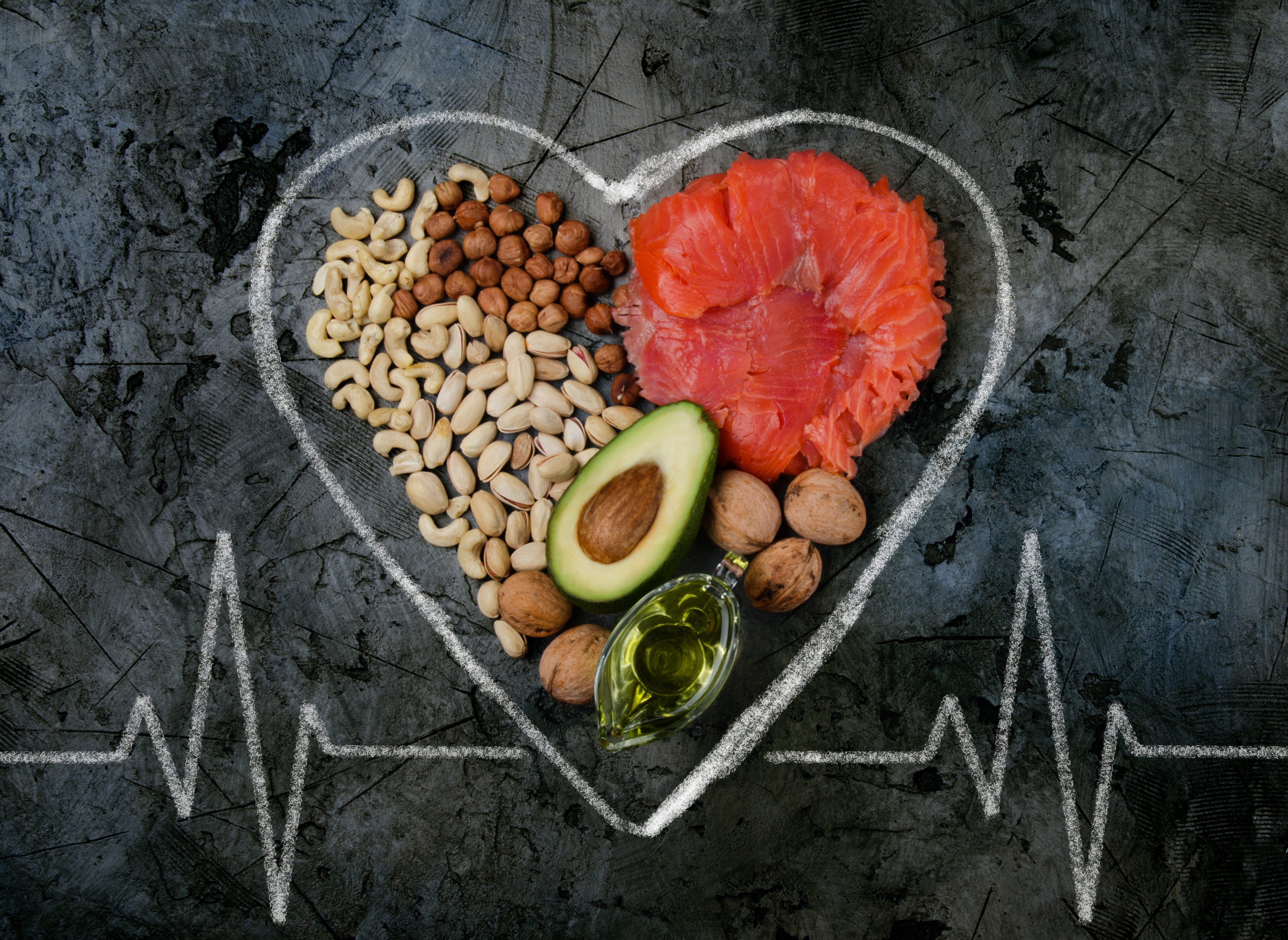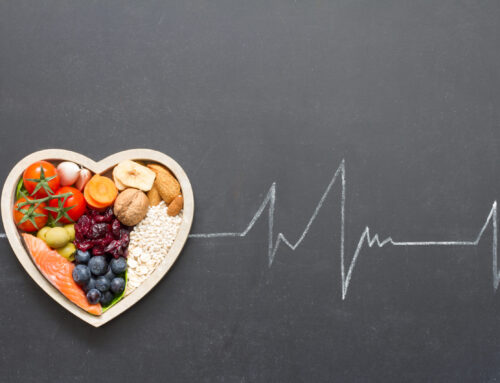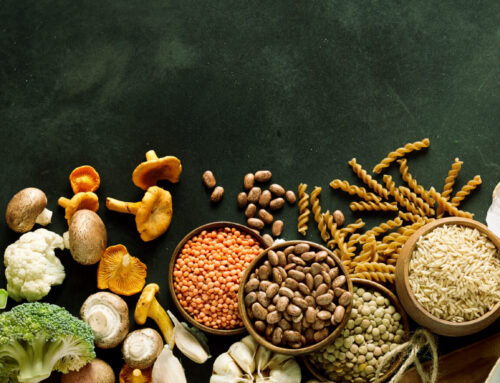It’s hard to figure that there are any other diseases plaguing our country right now with the focus on the current pandemic.
However, Heart disease still holds that trophy killing more than 655,000 Americans in 2019. That’s 1 out of every 4 deaths according to the Center for Disease control. https://www.cdc.gov/heartdisease/facts.htm
You may be surprised to learn that as many as 10% of all heart attacks strike people younger than 45.
So what is heart disease exactly? It’s a combination of one or more of the following and can start as early as late teens or early twenties with thickening of the Coronary arteries.
Coronary artery disease: Damage or disease in the heart’s major blood vessels.
Cardiac arrest: Sudden, unexpected loss of heart function, breathing, and consciousness.
Arrhythmia: Improper beating of the heart, whether irregular, too fast, or too slow.
Stroke: Damage to the brain from interruption of its blood supply.
Congenital heart disease: An abnormality in the heart that develops before birth.
The build-up of fatty plaque build up in the Arteries or atherosclerosis

As plaque builds up in the arteries of a person with heart disease, the inside of the arteries begins to narrow, which lessens or blocks the flow of blood. Plaque can also rupture (break open). When it does, a blood clot can form on the plaque, blocking the flow of blood.
High Blood Pressure, High blood cholesterol, and Smoking are key risk factors for heart disease.
Who is at risk for HEART DISEASE?
This list outlines medical conditions and lifestyle choices that can put individuals at a higher risk for heart disease:
- Diabetes
- Overweight and obesity
- Unhealthy diet
- Physical inactivity
- Excessive alcohol use
Signs and symptoms can be different for men and women some include:
- Chest pain, chest tightness, chest pressure and chest discomfort (angina)
- Shortness of breath
- Pain, numbness, weakness or coldness in your legs or arms if the blood vessels in those parts of your body are narrowed
- Pain in the neck, jaw, throat, upper abdomen or back
What should I know?
On top of early screening testing for high blood pressure, hypertension, or higher cholesterol you can have a panel done of your lipoprotein profile which measures your LDL (bad) cholesterol and HDL (good cholesterol). If left untreated, high blood pressure and high cholesterol can lead to heart disease, an aneurysm or even a stroke.
What can I do?
You can do a lot, beginning right now!
- Eat a heart-healthy diet and watch the weekend binging of sweets and/or saturated fats.
Who would ever think something as sweet as sugar could be so deadly? When you consume excess amounts of sugar, in addition to adding to excess weight gain, the extra insulin in your bloodstream can affect your arteries all over your body. It causes their walls to get inflamed, growing thicker and more stiff than normal which stresses your heart and damages it over time. This can lead to heart disease, like heart failure, heart attacks, and strokes.
- Get off the couch or office chair – EXERCISE saves lives! But make sure it’s the right kind of exercise. Being a weekend warrior or taking up marathon training after a lifetime of surfing from your sofa places stress on the heart and cardiovascular system. After getting the okay from your doctor, work with a nutrition and fitness specialist who can combine an exercise program with your nutritional needs adding the right macronutrients with the caloric requirement for your goals.
- Manage stress including anxiety and anger levels – reduces blood pressure and hypertension, lowers cortisol levels.
- Watch for edema (if your shoes feel tight or socks leave imprints on ankles and calves get in to see your doctor. Watch your sodium intake.
- Ladies watch your estrogen levels – Estrogen is believed to have a positive effect on the inner layer of artery wall, helping to keep blood vessels flexible.
- Make sleep a priority– helps to reduce stress and cortisol levels
- Be social, help others – studies have shown this helps to reduce blood pressure and hypertension.
- Get out in the sun– moderate exposure increases vitamin D— low levels of which have been linked to cancer, diabetes, obesity and other diseases. Sunlight stimulates your body’s production of this important vitamin. Live in the cold northern states? Then supplement!
While you’re at it make sure to get the right minerals in your diet. Potassium and magnesium are among the most important for heart health. Women over 40 make sure to get that additional calcium at least 1,000 mg/day, bump up to 1,200 mg if over the age of 50.
Start making simple changes today and see the effect it can have on not only your heart health but overall well-being. A heart-healthy diet can be as simple as cutting back on red meat and processed foods. Adding in fish and lean meats, vegetables and fruits in the right proportions for your health and fitness goals.
Live your best life!
Sources:








